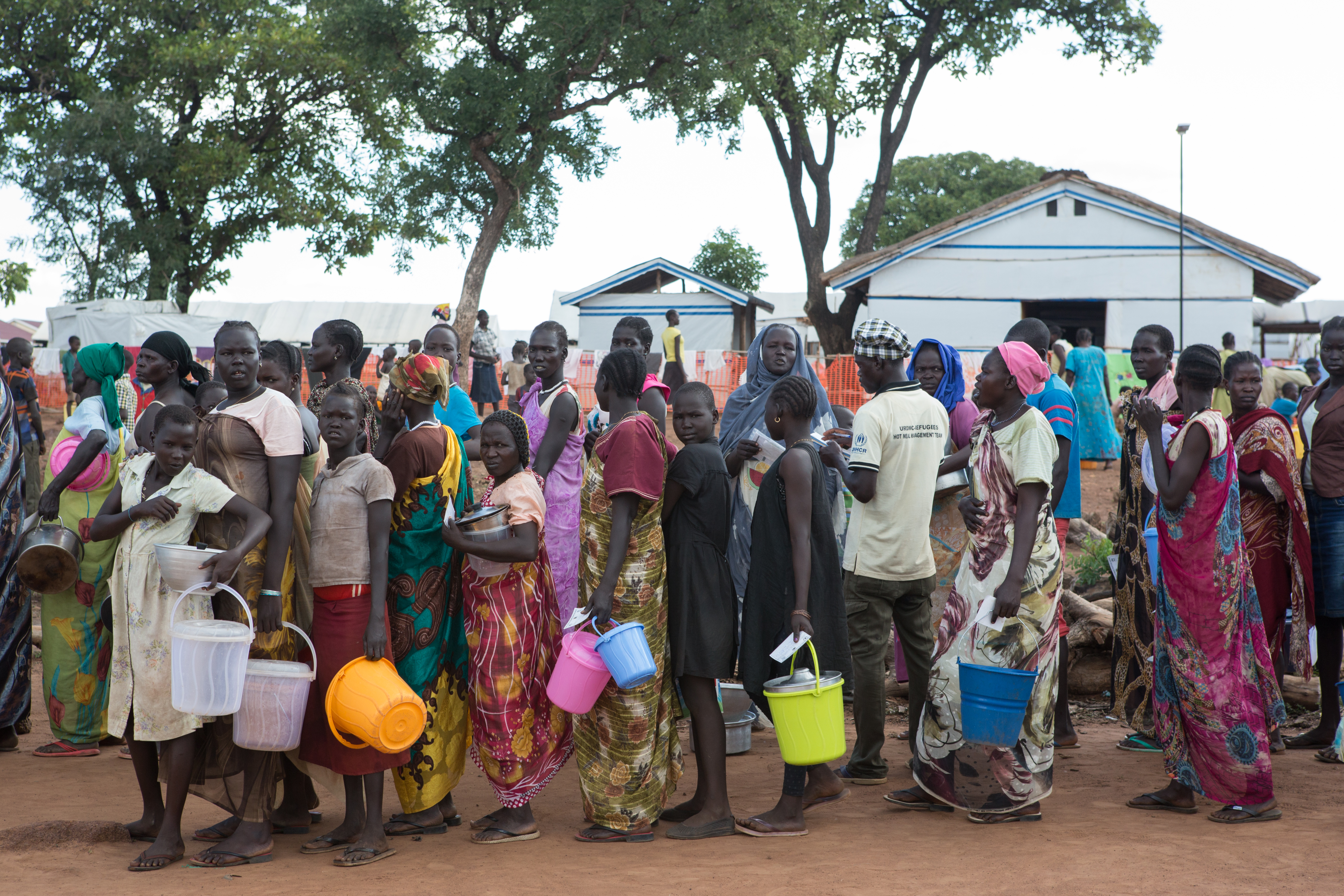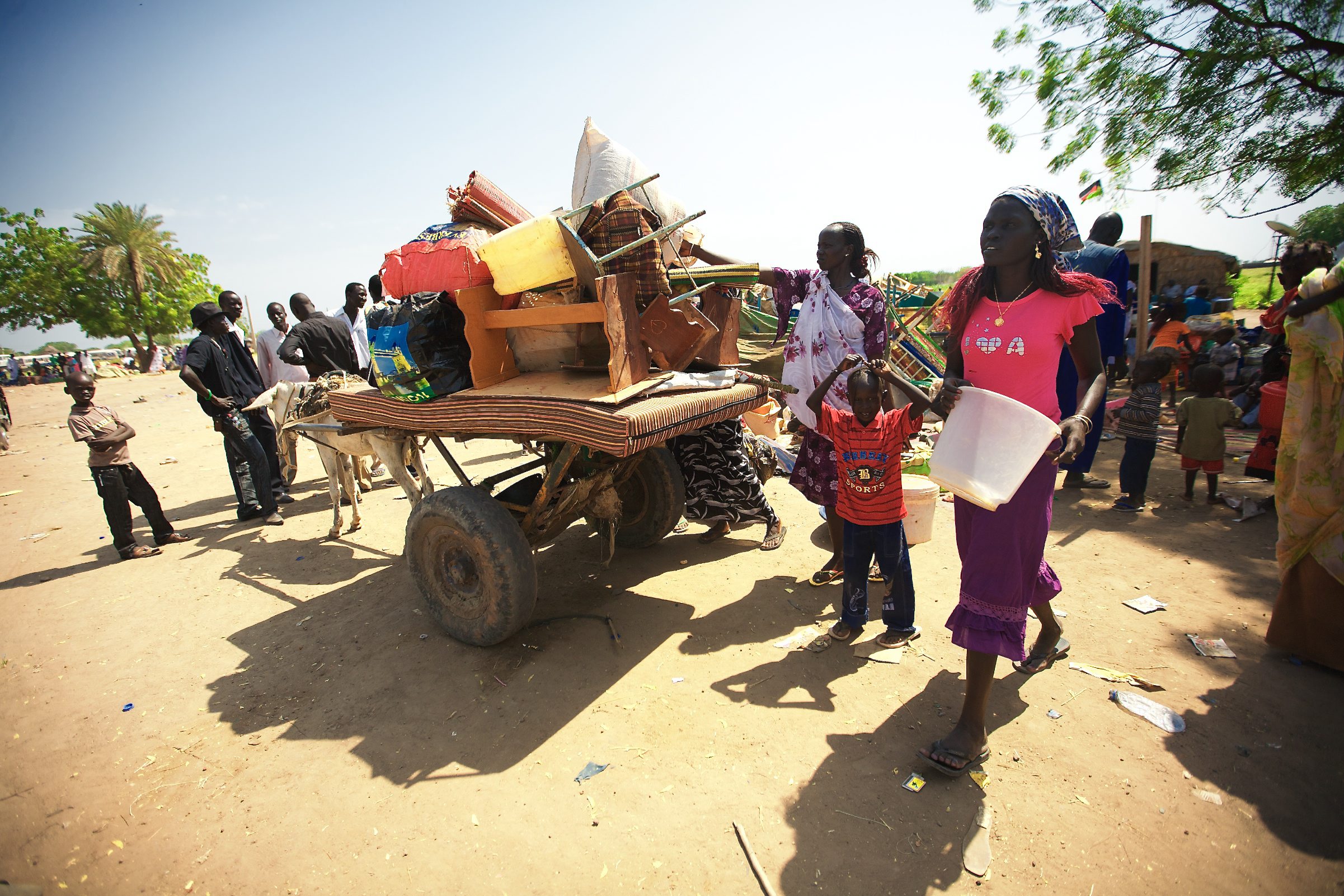South Sudan repatriation threatened by funding shortfall
South Sudan repatriation threatened by funding shortfall
We have issued a press release this morning on the urgent need for funding to avoid drastically curtailing our repatriation operation in Southern Sudan. The repatriation is just now starting to gain momentum and is one of the few bright spots in a strife-torn region that has more than its share of suffering and displacement - Darfur, Chad, the Central African Republic, for example.
The funding shortfall could mean suspending, postponing, reducing or cancelling some of our South Sudan programmes by the end of this month. Long-term, our operation is aimed at helping some of the 350,000 Sudanese refugees still in neighbouring countries to go home, and at providing assistance in Sudan to some of the estimated 4 million internally displaced.
Of $65.9 million sought for the operation for 2006, we have received about $30 million, and had spent some $22 million of that by the end of July. The remainder is now nearly depleted and only partially covers costs for August and September - estimated at $15.8 million. And to meet the most critical needs for the last quarter of the year, we require an estimated $5.2 million a month.
Since December 2005, UNHCR has helped over 12,000 Sudanese refugees to go home from neighbouring countries. On Tuesday, I mentioned the return this week of nearly 400 South Sudanese refugees from north-eastern Democratic Republic of the Congo. With the approaching end of the rainy season, thousands more are expected to return by the end of the year with UNHCR help.
The signing of a Comprehensive Peace Agreement in January 2005 ended 21 years of war in the south and paved the way for the return of millions of internally displaced people and refugees in surrounding countries. But the two decades of conflict left the south in ruins, and those who have made the choice to return home have faced real hardship. UNHCR and its partners are working to ensure their return is sustainable, including through the provision of basic services.
But unless additional contributions are received soon, UNHCR will have to take measures to avoid overspending. In addition to severe curbs on its programmes, we fear we may also have to close several offices and reduce staff in the region. At present, UNHCR has a network of three sub-offices and nine smaller field offices. It has 175 staff in the area.
We have been repatriating refugees from five neighbouring countries; Ethiopia, Kenya, Uganda, the Democratic Republic of the Congo (DRC) and the Central African Republic (CAR). In addition, it is providing information on return to hundreds of thousands of internally displaced persons in the Khartoum and Kassala regions.







